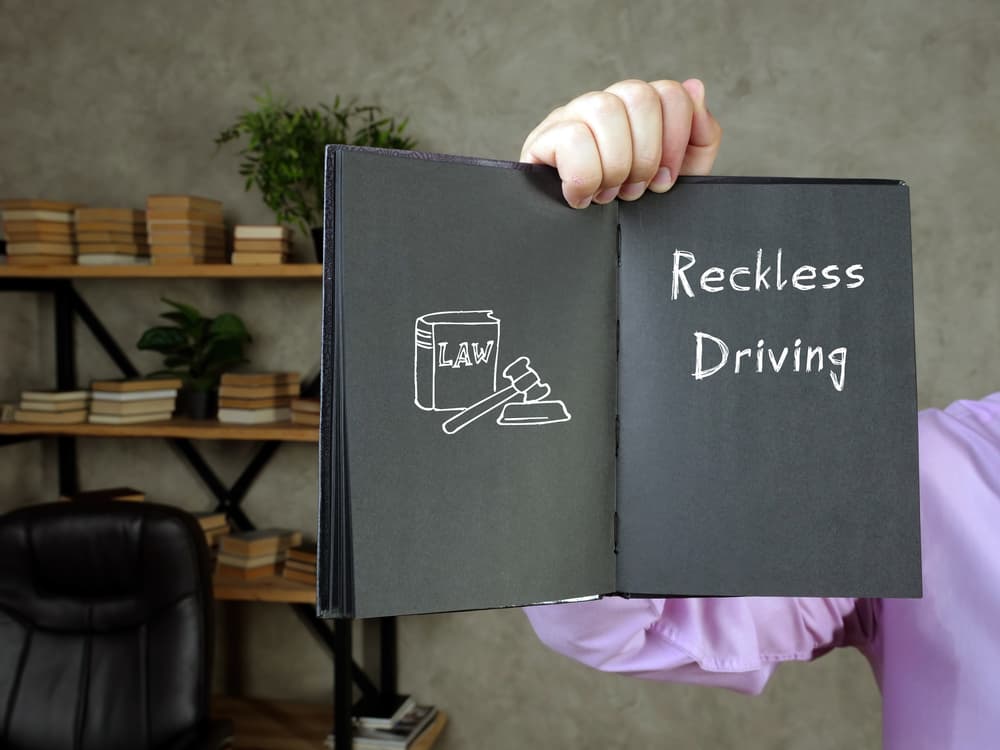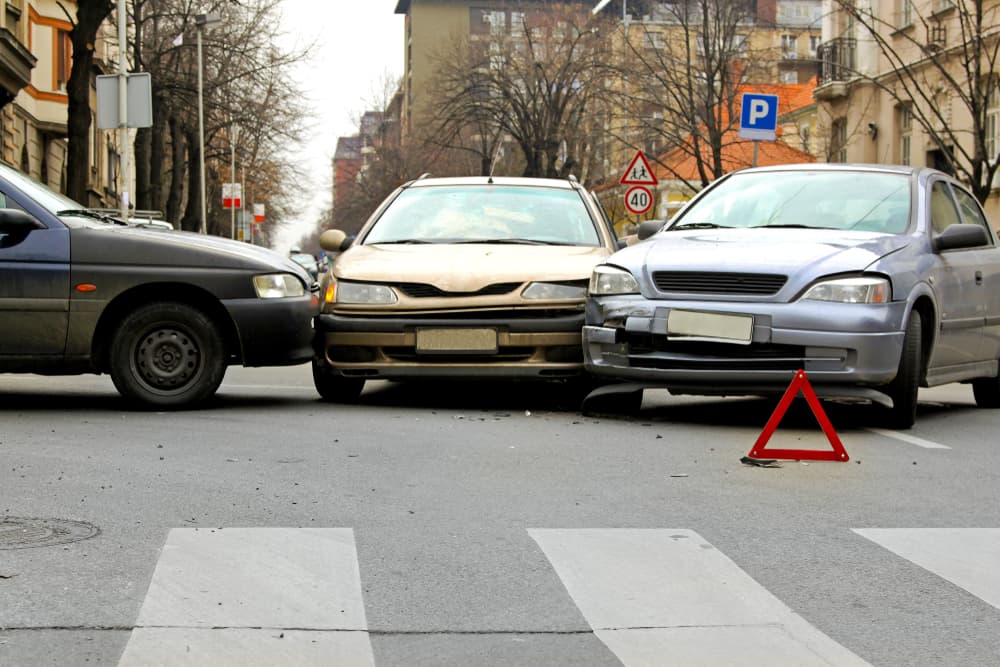Anytime you ride a bicycle along a roadway, you are at risk of a collision. According to the National Highway Traffic Safety Administration (NHTSA),1 an estimated 48,000 bicyclists sustain injuries in motor vehicle collisions on an annual basis. Additionally, more bicyclists sustain injuries in accidents caused by road defects, malfunctioning bicycles, and other hazards.
Because bicyclists have no seat belts or other restraints, they generally fall off their bikes in the event of a collision. Anytime anyone falls, there is a significant chance that they will hit their heads on the ground or on another object. When direct trauma occurs to the head, victims often suffer a traumatic brain injury (TBI). A TBI can range from mild—as in a concussion—to severe, and severe brain injuries can leave victims with long-lasting disabilities. The Insurance Institute for Highway Safety (IIHS) reports2 that head injuries are generally the most serious type of injury suffered by bicyclists.
TBI can cause many different cognitive and physical challenges in victims, which can affect their abilities to succeed in school or work environments. Additionally, social interactions may be difficult, as emotional and communication issues often exist. TBI victims often require long-term rehabilitative and occupational therapy to overcome their challenges or learn to cope with them. Their future opportunities to earn a living may also be hindered. If a bicycle accident occurred because a driver or another party was negligent, the cyclist is entitled to recover from the liable party for all of their TBI-related losses, including medical bills, lost earning power, pain and suffering, among others.
Helmets do not reduce all risk
Though safety research in recent years has inspired bicycle helmet use to increase substantially, too many cyclists mistakenly believe that a helmet will provide full protection if an accident occurs. To the contrary, research suggests that, while helmets do provide some protection in many cases, bicyclists often still suffer head trauma and brain injuries despite the use of a helmet. In fact, research suggests that a helmet only serves to reduce the risk of brain injuries by about 50 percent. This means that bicycle riders are still at risk of serious TBI even if they choose to wear a helmet.
Even if a rider wears a helmet, the helmet may have defects that can cause it to provide even less protection than it normally would. If a helmet malfunctions and does not provide protection due to a manufacturing defect, the manufacturer may also be held liable for the losses of the injured cyclist.
Contact a skilled Michigan bicycle accident attorney to discuss your case today
Sustaining a TBI in a bicycle accident can have a significantly adverse effect on many aspects of your life. At Michigan Injury Lawyers, our experienced team of personal injury attorneys know how to hold negligent parties accountable for their actions, whether that party is a driver, a government entity, or a manufacturer. We assist injured victims across the state of Michigan and consultations are always free, so please call today at (313) 438-4357 for help.
References:
1http://www-nrd.nhtsa.dot.gov/Pubs/812151.pdf
2http://www.iihs.org/iihs/topics/t/pedestrians-and-bicyclists/fatalityfacts/bicycles/2013




